The Hollywood writer and actor strikes last year shone a spotlight on the growth of AI technologies and their potential impact on the entertainment industry.
Specifically, there were concerns that studio executives might utilize AI tools as a cost-cutting measure, using automated systems to replace human creatives.

These worries have now resurfaced with recent comments from the CEO of Crunchyroll, a popular anime streaming platform. The CEO hinted that AI could be used for anime translation and subtitling.
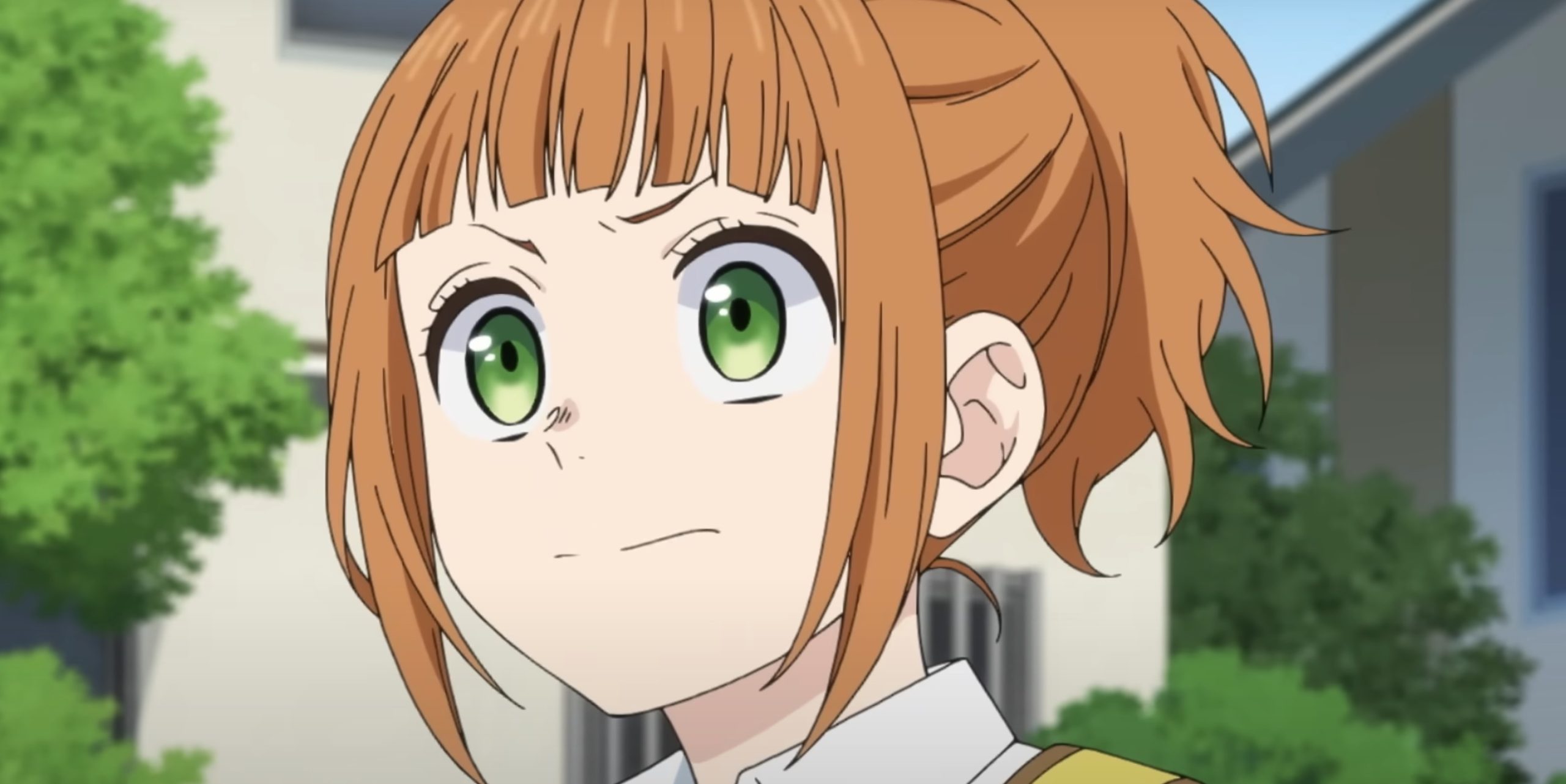
This sparked discontent among fans who greatly value high-quality subtitle translations that capture the essence of the original Japanese versions.
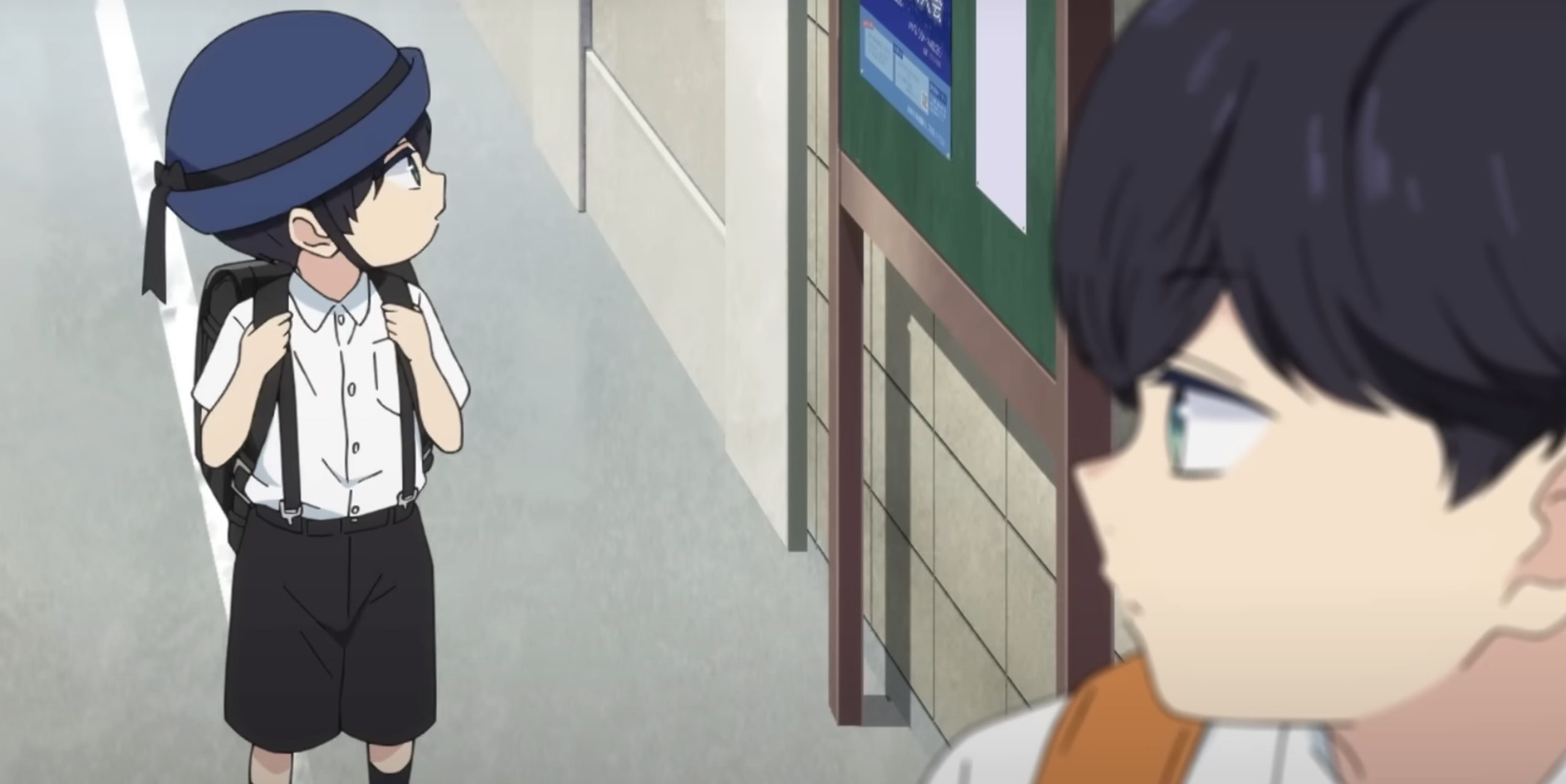
For many anime enthusiasts, subtitles crafted by human professional translators have been the gold standard for achieving an authentic viewing experience.
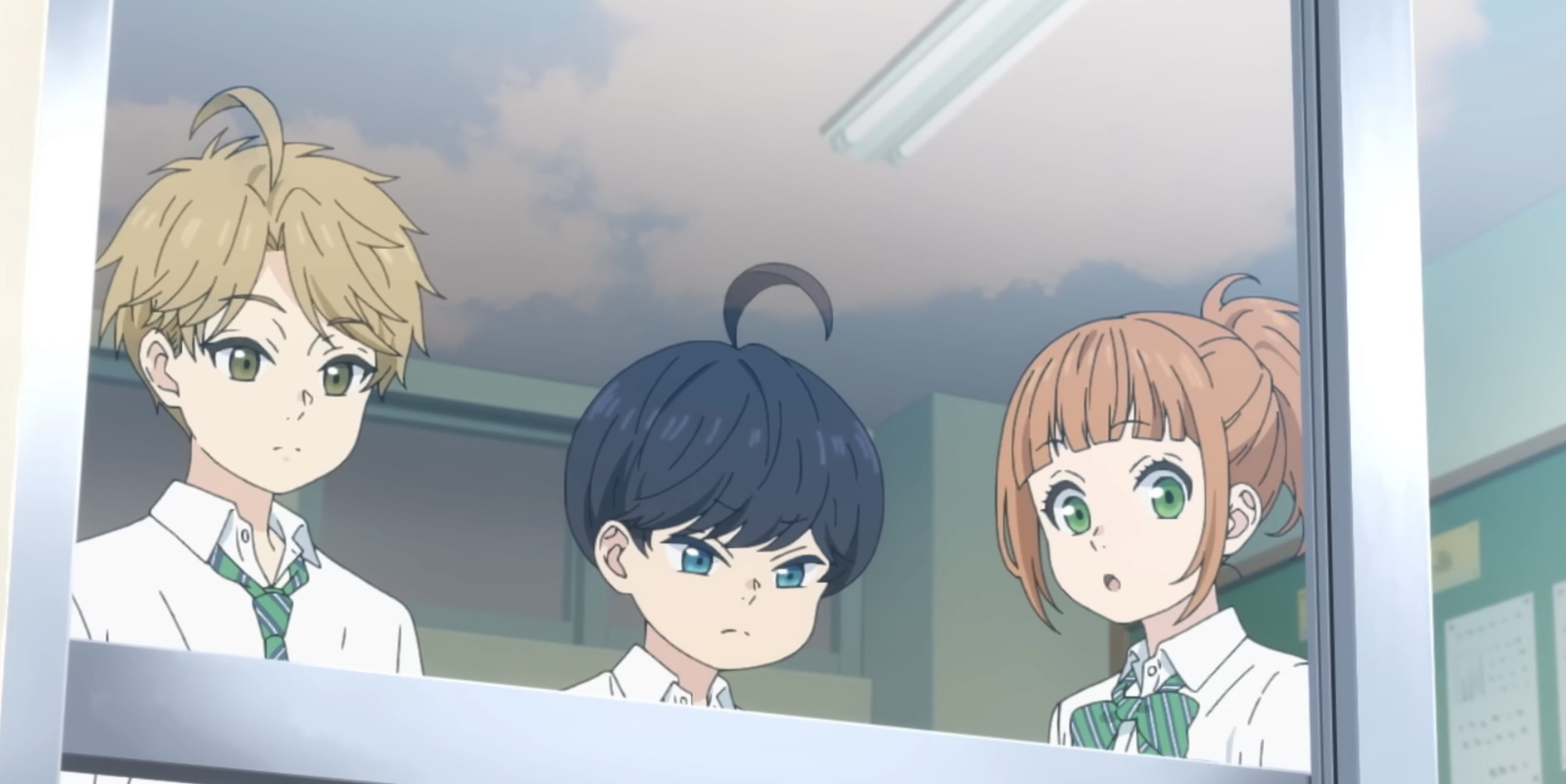
There is apprehension that embracing AI subs would degrade the localization quality of anime series, stripping away cultural nuances.

It ties into larger questions about maintaining creative integrity and respecting audience preferences amidst pressures to slash labor expenses.
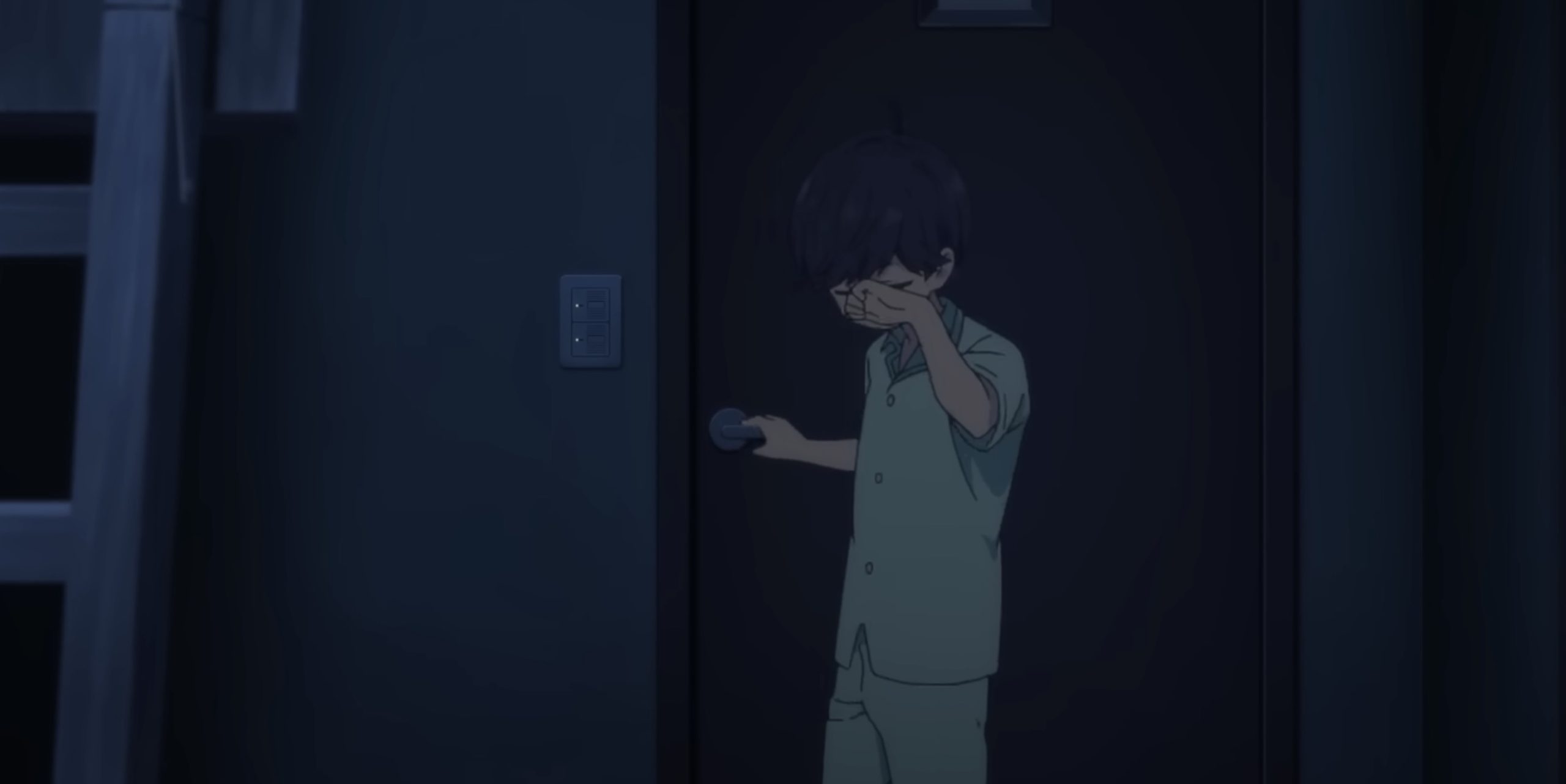
With passions running high on multiple sides, the coming introduction of AI tools by Crunchyroll and other studios could become a flashpoint in the anime community.
Crunchyroll CEO Plans Deep AI Integration for Faster Subtitling
Crunchyroll, a major anime distribution and licensing platform, is looking to integrate AI technologies more deeply into its operations according to CEO Rahul Purini.
Crunchyroll are testing out A.I generated subtitles.
CEO Says A.I. Generated Subtitles Are "Definitely an Area We’re Focused On". pic.twitter.com/HNTVYfjal6
— Anime News And Facts (@AniNewsAndFacts) February 28, 2024
In a recent hour-long interview with The Verge, Purini stated that they want to make Crunchyroll a more viable destination for anime fans.

While AI integration plans stretch across various workflows, current testing is focused on using AI for subtitle creation and closed captioning.

Purini explained that by utilizing speech-to-text AI to accelerate subtitling in multiple languages, they aim to launch translations much closer to Japanese release dates.
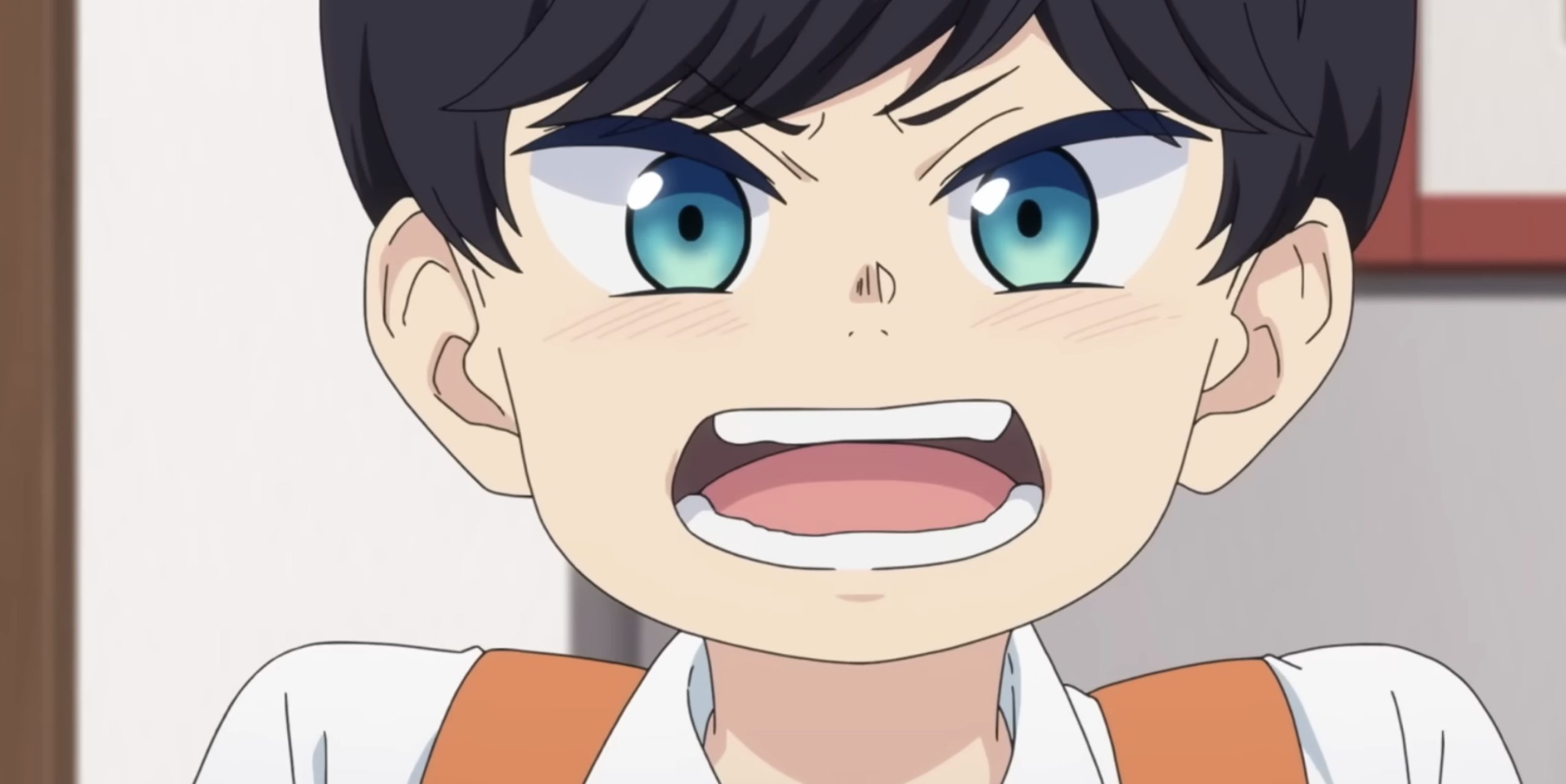
Purini said that AI was definitely something they were thinking about incorporating into different workflows across Crunchyroll. He stated that one area they are currently focused on testing is using AI for subtitling and closed captioning, going from speech to text.

Purini asked how they could improve and optimize processes to get subtitles completed faster in multiple languages globally so that they could launch translations as close to the original Japanese release dates as possible.
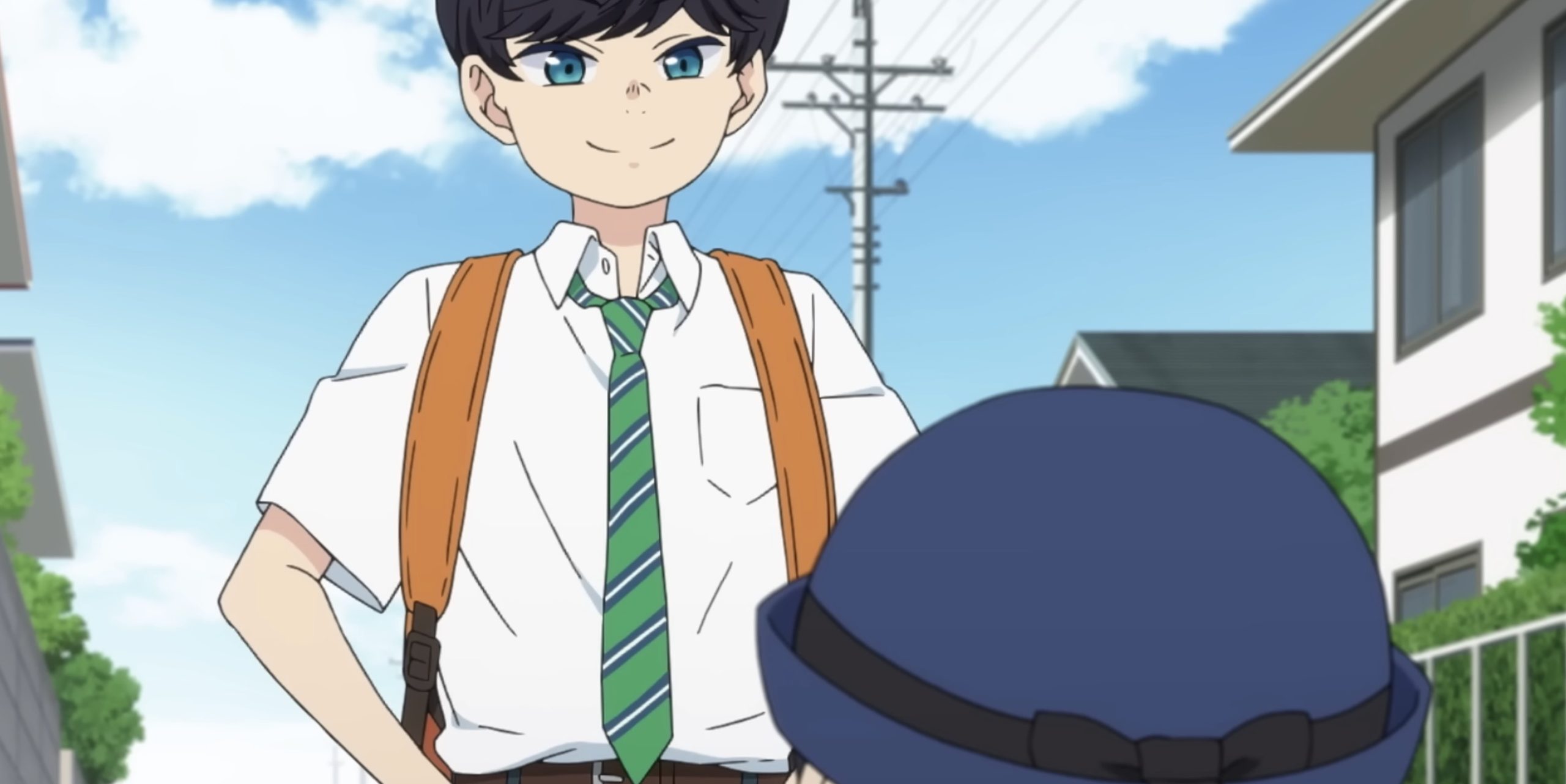
He emphasized that subtitling through speech-to-text AI was an area of focus for them.
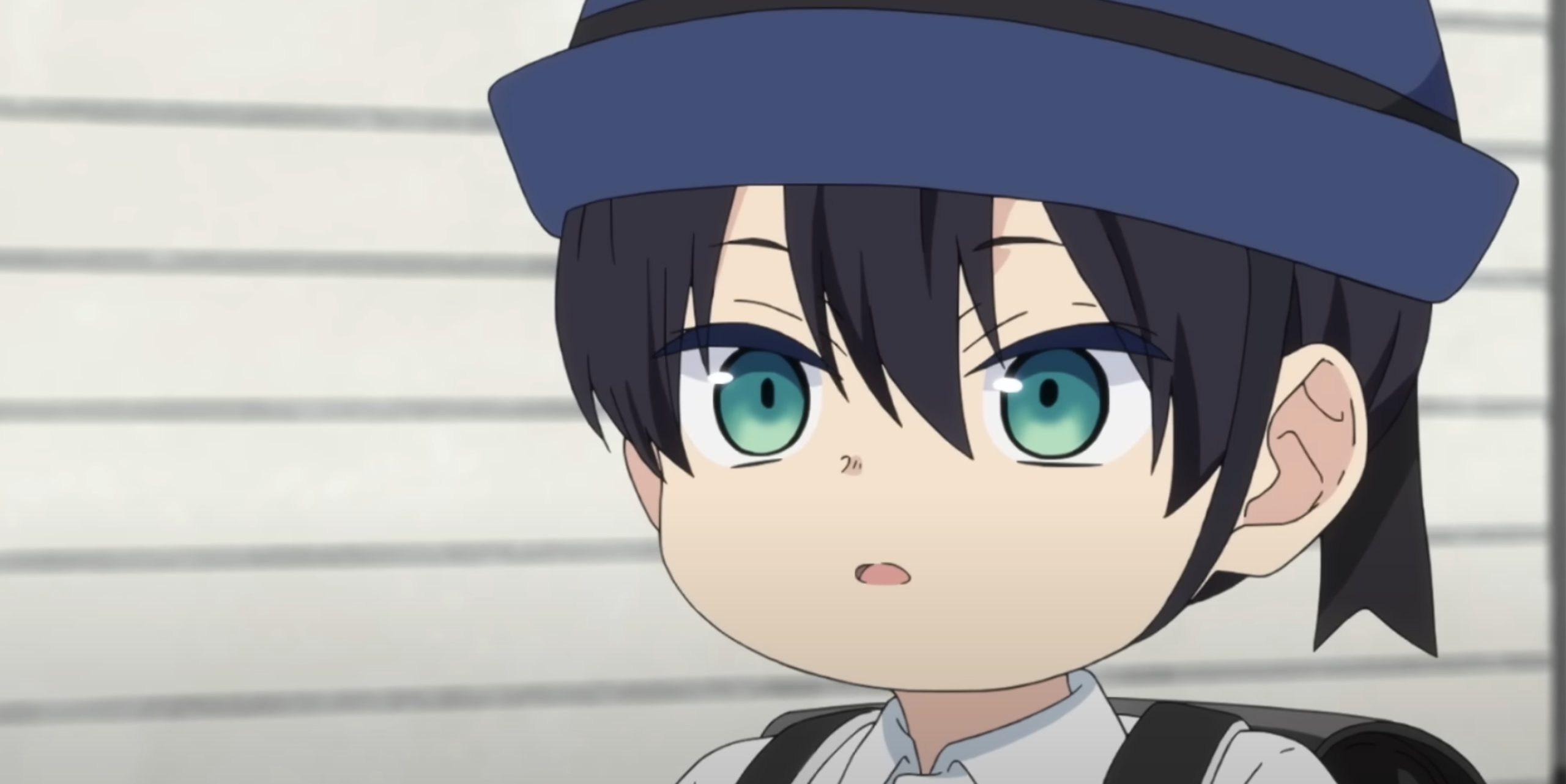
Given previous issues with AI-generated subtitles causing translation problems, many fans have expressed displeasure with Crunchyroll’s trajectory.

Concerns escalated after the debut episode of “The Yuzuki Family’s Four Sons” contained notably low-quality AI subs last year. There are worries that increasing reliance on AI rather than human translators could degrade localization quality and erode the authentic anime viewing experience.
How Fans Have Reacted To Crunchyroll’s This Decision
When the anime series “The Yuzuki Family’s Four Sons” debuted on Crunchyroll last year, it was swiftly criticized for its odd and nonsensical English subtitles.

The translations were painfully awkward and at times completely unintelligible. After intense backlash, Crunchyroll removed the series from their platform.
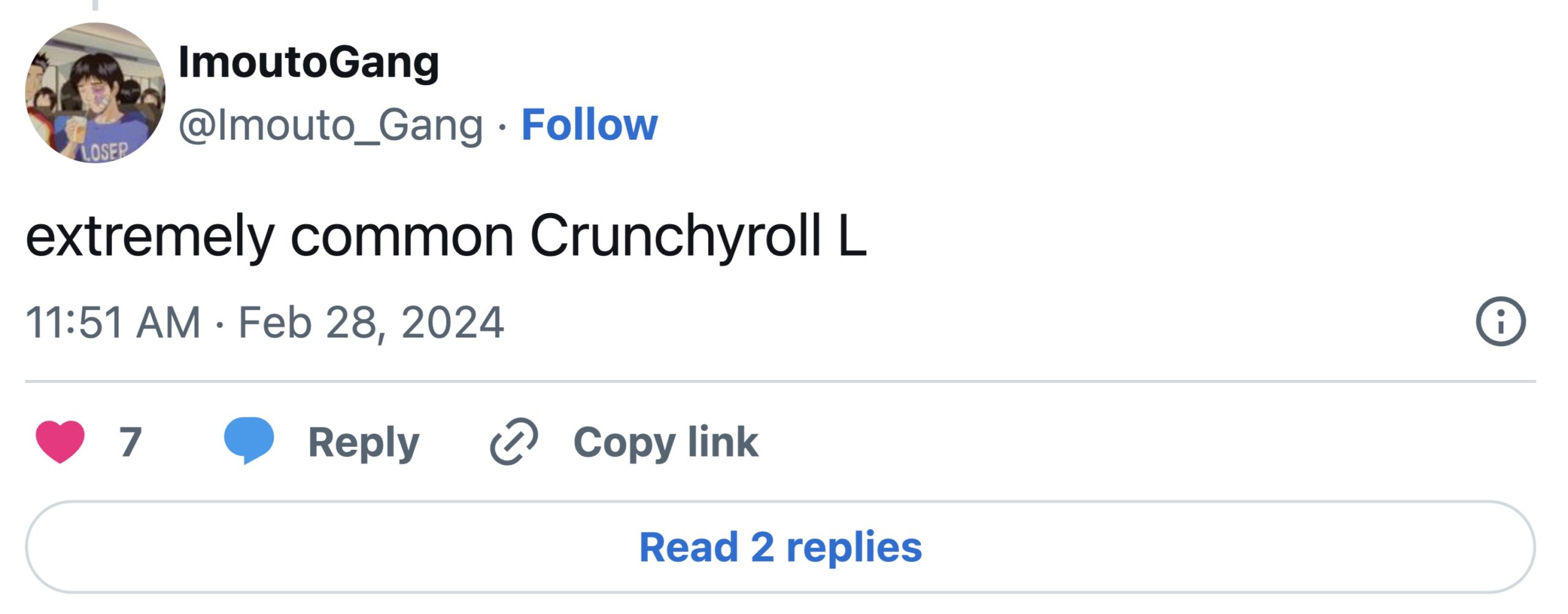
Many speculated that the subtitles had been carelessly machine-generated by AI rather than properly crafted by human translators.
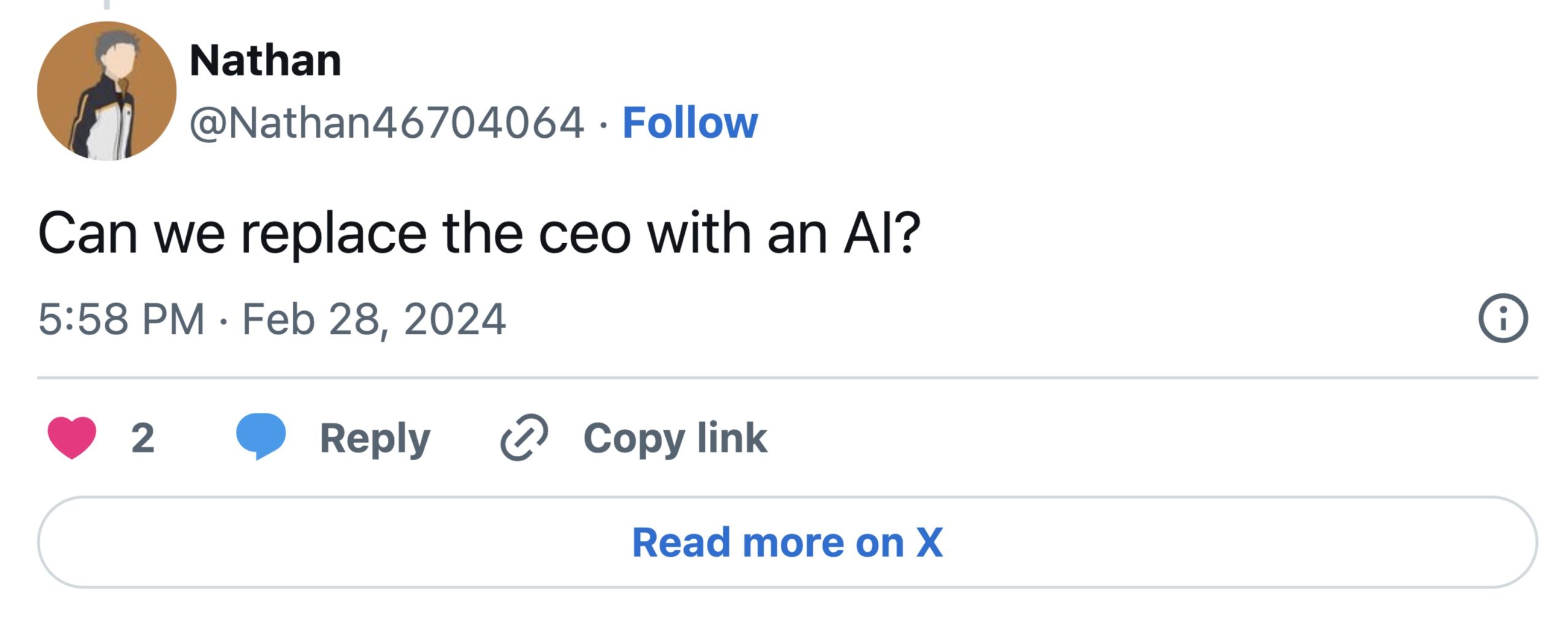
With Crunchyroll’s CEO now admitting plans to utilize speech-to-text AI capabilities for subtitling, those suspicions seem confirmed.
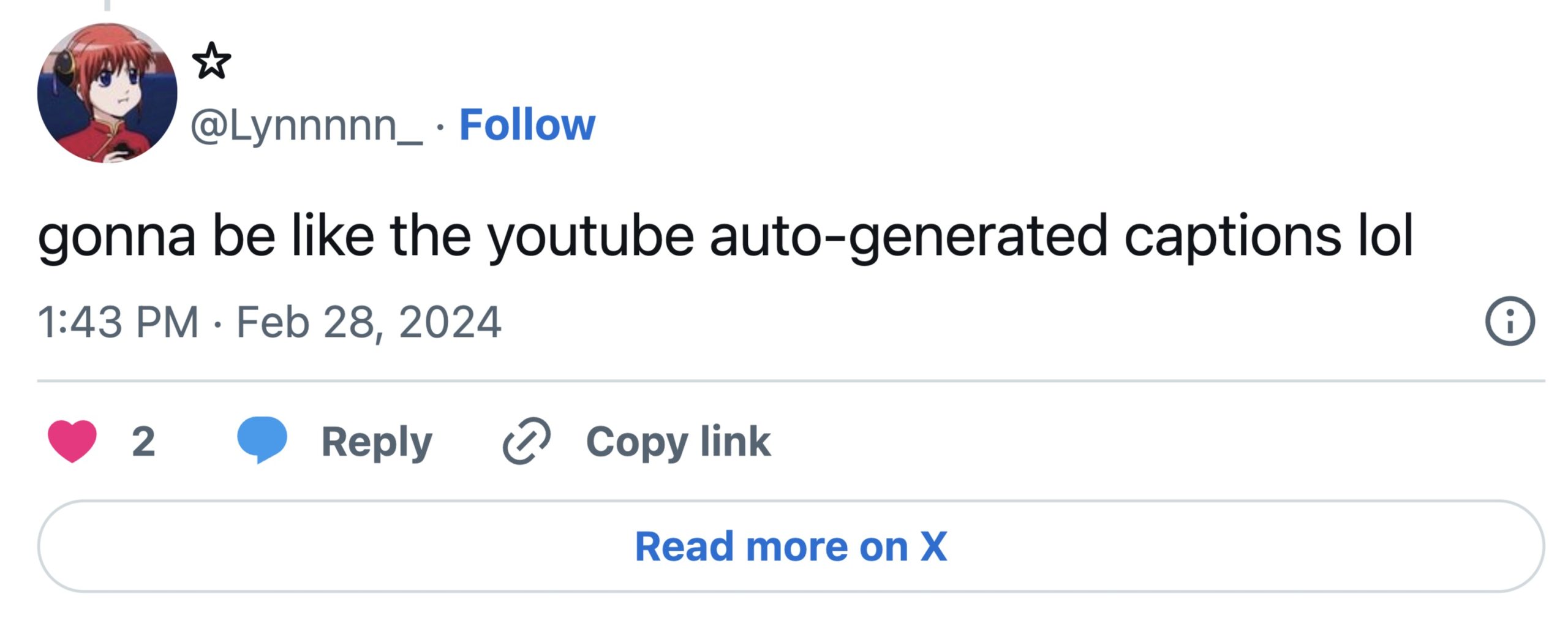
Understandably, legions of anime fans are outraged by the move.
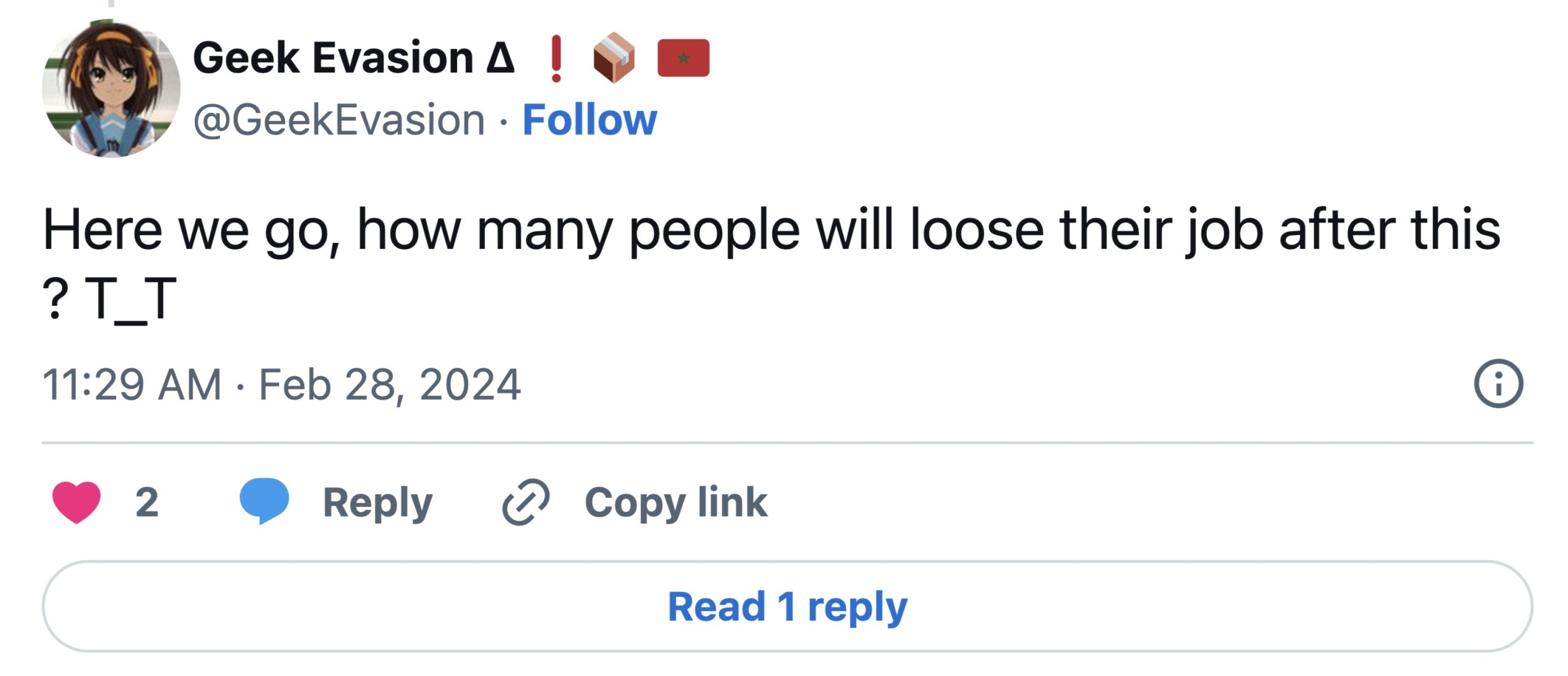
Beyond concerns over professional translators losing work, enthusiasts argue that subtle linguistic nuances are lost when AI attempts to handle localization.
The intricacies of converting Japanese content faithfully into other languages are seen as too complex for current automated tools. Though AI promises efficiency, relying on algorithms instead of human insight has raised quality issues already.
Unfortunately, with cost-cutting pressures mounting in the entertainment world, this likely won’t be the last instance of creators turning to AI instead of compensating skilled people fairly.
But for studios like Crunchyroll that cater directly to passionate fan bases, stripping away localization quality via AI risks estranging their most loyal audiences. Time will tell if that’s a wise trade-off.





